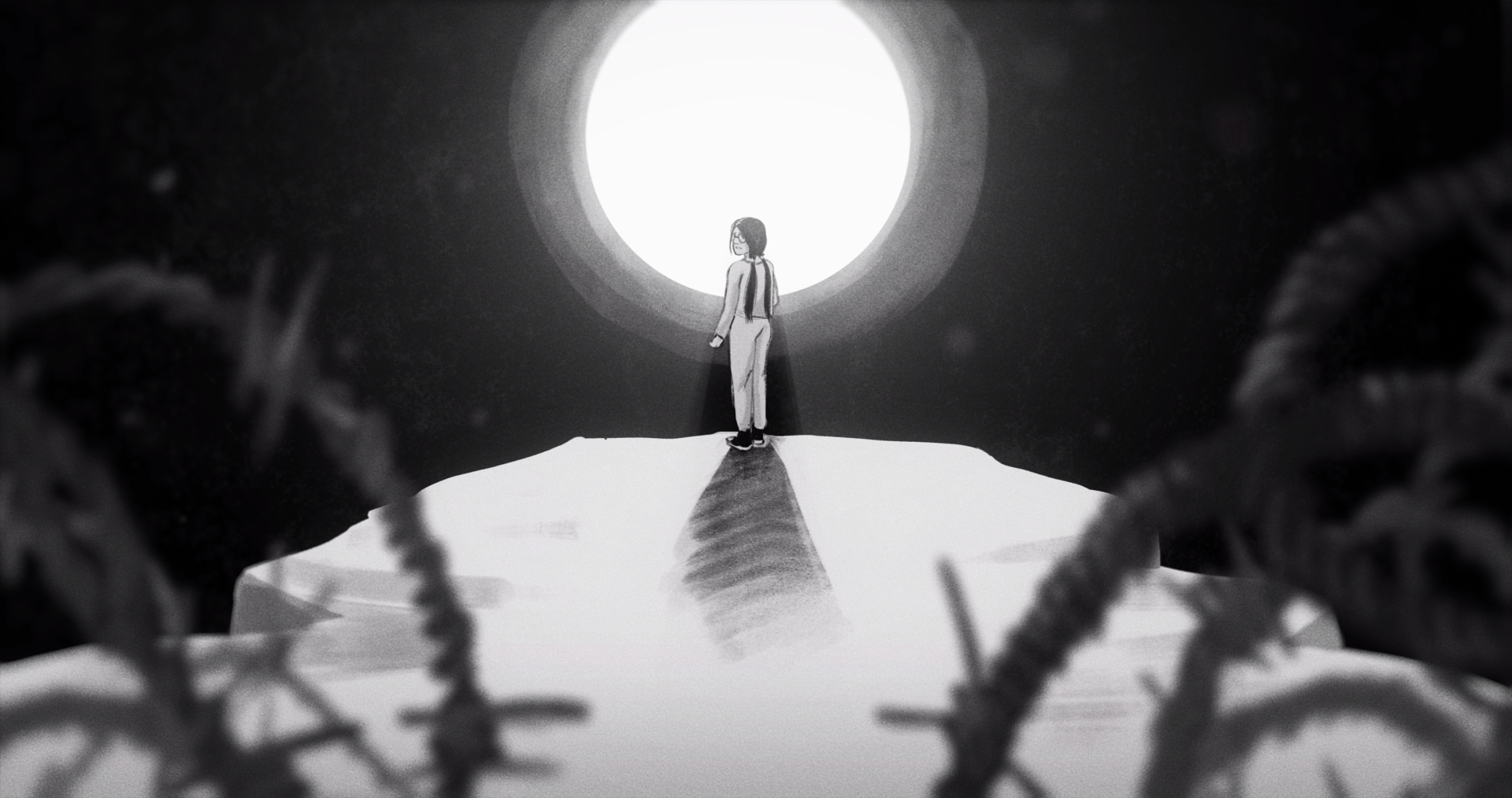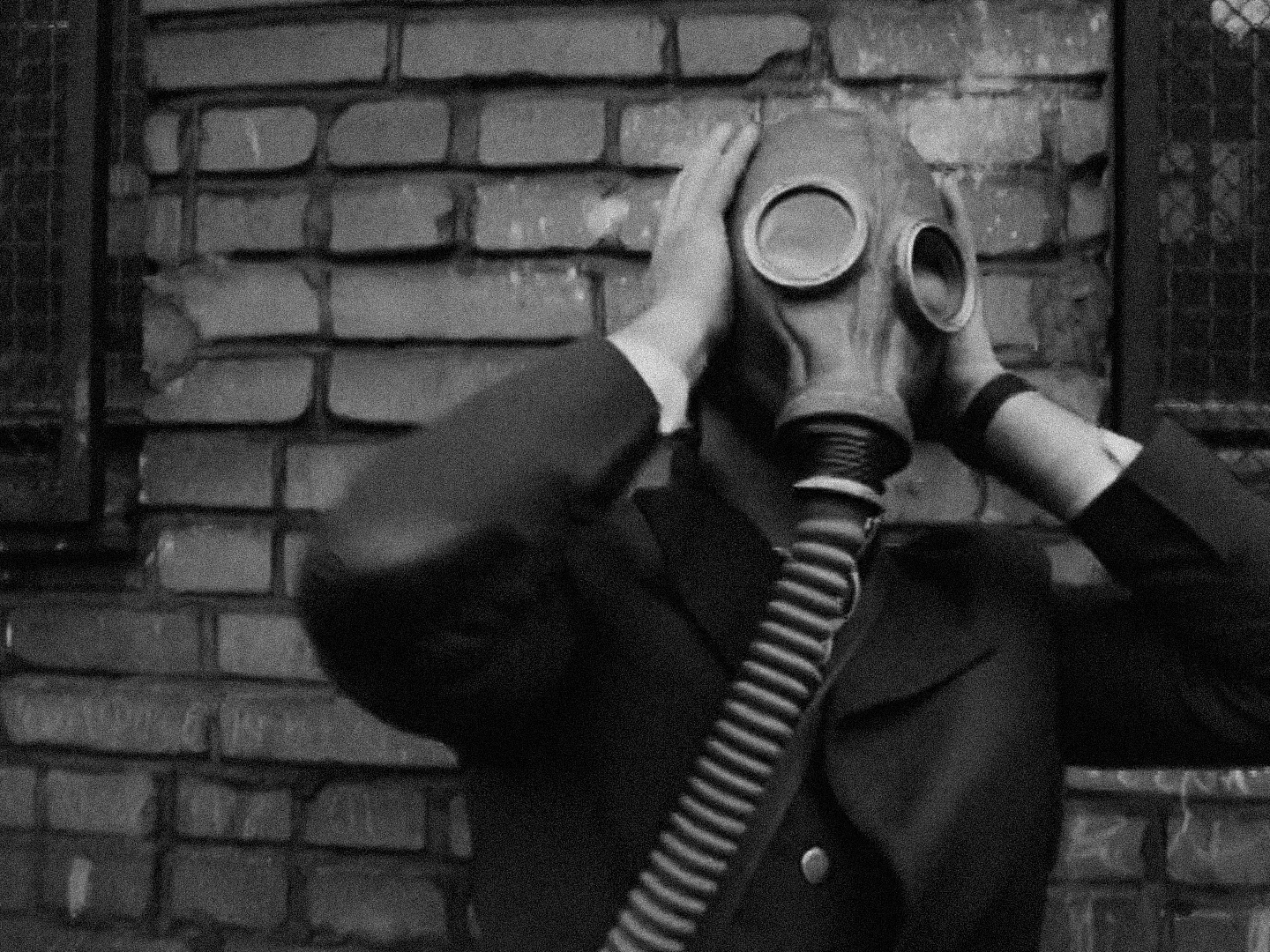A black and white record of Polish reality from the ‘80s and contemporary footage of the border crisis may be 40 years apart, but what they share is a narrative dictated from the very top. Silent Trees by Agnieszka Zwiefka and A Year in the Life of the Country by Tomasz Wolski are the first Polish titles in the program of the 64th Krakow Film Festival. Both films have been invited to the International Documentary Competition.
This is always the most difficult decision for us. Together with curator Anita Piotrowska, we choose from many intriguing and very diverse proposals. This time, we have decided on a completely new – though composed of archival footage – look at one of the most traumatic events in the history of the People’s Republic of Poland, as well as a film that closely examines the people who are seeking their promised land in Europe. Both films make us aware of how deeply divided our society was – and still is. And how easily we can be manipulated – comments festival director Krzysztof Gierat.
Both Agnieszka Zwiefka and Tomasz Wolski need no introduction. They are well known to audiences far beyond Krakow. They have been presenting their new productions at international festivals for years now. A Year in the Life of the Country will have its world premiere at the 64th Krakow Film Festival, and before the co-production Silent Trees visits the capital of Małopolska, it will have been shown for the first time at the prestigious CPH:DOX in Copenhagen.


Martial law
Empty shelves, trading ration cards, and chicks sold in a shoe store. This was everyday life in Poland over four decades ago. In his latest documentary, A Year in the Life of the Country, Tomasz Wolski once again takes a deep dive into the archives. Although his starting point is the moment of the introduction of martial law, thanks to carefully selected recordings, we go back in time by 16 months and 12 days, to better understand the contemporary mood and complexity of the processes that led to the decision of 13 December 1981.
The growing strength of Solidarity, Lech Wałęsa’s repeated appearances, and the prevalence of strikes aroused serious concern among the communist authorities. Propaganda slogans and messages coming from the media were losing their influence, so tensions between Poles supporting the opposition and those who sided with the government out of fear of change began to escalate.
The appearance of tanks and military patrols on the streets of the entire country in December was preceded not only by general Wojciech Jaruzelski’s famous speech but also by breeding social tensions. Poland was said to be threatened with civil war, and only martial law could stop it. The overt propaganda reached some citizens who, just as they got used to shortages in stores, slowly began to accustom themselves to soldiers passing them by on the streets. A foreign correspondent seems to be the one who’s actually concerned about the new situation.
State of emergency
The crisis on the Polish-Belarusian border has been ongoing since 2021 when the totalitarian leader Alexander Lukashenko opened a new migration route facilitating the arrival of thousands of refugees to the European Union. The Polish government responded by creating an exclusion zone at the border. Humanitarian aid is severely limited there. People in the forest are starving and dying from exhaustion and cold.
The mother of teenage Runa was among those who died from hypothermia. The Kurdish girl, along with her father and younger brothers, ends up in a refugee centre. Contrary to what they hear from the media and TV broadcasts, the family is met with kindness and receives immense support from the staff. However, the solution is temporary. They are still at risk of deportation, and recent experiences at the border cannot be easily forgotten.
The protagonist of Silent Trees has to become an adult almost overnight, learn a new language, take care of her four siblings, help her father – who is overwhelmed by the new reality – find a job, all while thinking about her own future and health. Runa is tired and helpless. One of the ways she copes with difficult emotions is by drawing in a sketchbook. Her sketches come to life on the screen thanks to the work of animators.
By making the teenage Runa the main character, Agnieszka Zwiefka speaks not so much about the conflict at the border, but rather weaves a universal tale of coming of age in the shadow of the global refugee crisis. With all its uncertainties, traumas, the abilities to quickly adapt to new circumstances and roles, and also with the same idols as the ones admired by one’s peers from the coveted West.
Passes for the 64th Krakow Film Festival are on sale now!
The Krakow Film Festival is on the exclusive list of qualifying events for the Oscars® in the categories of short film (live action, animated, documentary) and documentary feature, as well as a recommending event for the European Film Awards in the same categories.
The 64th Krakow Film Festival will be held in cinemas from 26 May to 2 June and online across Poland on the KFF VOD platform from 31 May to 16 June 2024.